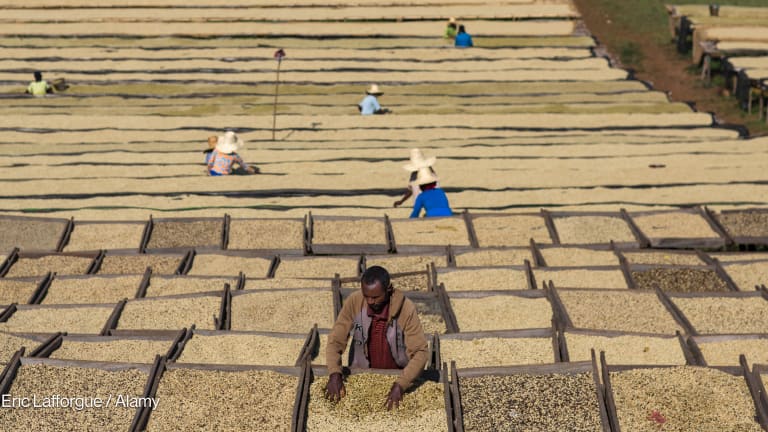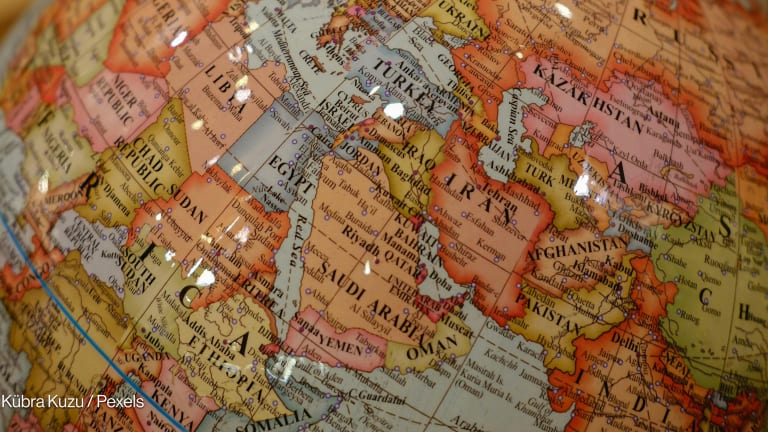
Over $40 billion needs to be mobilized each year until 2040, if targets on access to modern and sustainable energy for 250 million people across Africa are to be met.
That’s the estimate Gary Quince, the European Union’s Special Representative to the African Union, gave last week during the opening session of the Second High-Level Meeting of the Africa-EU Energy Partnership in Addis Ababa, Ethiopia.
Quince noted that the majority of this investment is to expand generating capacity — but would also be needed for regional transmission and integration in the power sector.
The two-day AEEP meeting — hosted by the Ethiopian government and the African Union Commission — gathered African and EU ministers, as well as representatives from the European Commission, international organizations, the private sector, academia and civil society to discuss Africa-EU cooperation on energy and accelerate action on the energy challenges facing the two continents.
The meeting concluded with a statement that acknowledged the contribution of various national, regional, bilateral, multilateral and non-state actor initiatives and a broad agreement on four key issues:
Addressing energy challenges and meeting AEEP and U.N. Sustainable Energy for All targets requires a “holistic perspective” and — with the issue set to be high on the agenda at April’s EU-Africa Summit in Brussels — calls on participating heads of state and government to provide “political leadership” on energy, take “ambitious decisions” that build upon AEEP progress, and ensure an “integrated approach” to addressing issues around access to energy, water and food.
Enhanced energy efficiency offers potential for increased energy security and cost-effectiveness. The fact that the issue remains underexplored and exploited represents an “important gap in the landscape of instruments” at the disposal of the partners.
AEEP targets can only be achieved by putting in place sound policy and regulatory environments and mobilizing public and private resources and capacities “at all levels” to promote energy market development.
Substantial synergies and resource efficiencies can be tapped by exploring the potential of the “nexus approach” for integrating energy into other sectors.
The declaration also contained a number of recommendations for accelerating access to sustainable energy on both continents, among which it calls for:
A “substantial increase” in efforts by both continents to achieve the AEEP 2020 targets.
Renewed efforts to realize the “full potential” of the Renewable Energy Cooperation Program as the AEEP’s delivery mechanism to mobilize meso-scale renewable energy investments.
Continued implementation of policy and regulatory reforms in Africa to create an “enabling environment” for increased private sector investments.
Reinforcement of the dialogue between policy makers and stakeholders from the private sector, civil society and academia in the context of the AEEP targets; and
Continued reporting and monitoring of progress towards achieving the AEEP targets, as well as the SE4ALL goals.
Want to know more about Africa-EU energy cooperation from the European perspective? Stay tuned for our exclusive interview with EuropeAid’s Deputy Director-General for Policy and Thematic Coordination Klaus Rudischhauser.
Read more development aid news online, and subscribe to The Development Newswire to receive top international development headlines from the world’s leading donors, news sources and opinion leaders — emailed to you FREE every business day.








